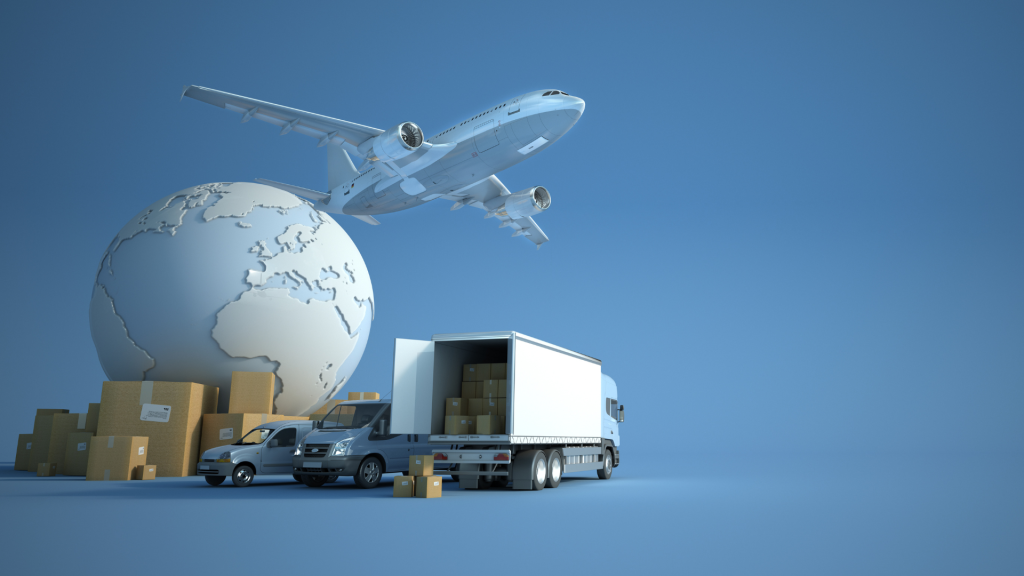The logistics industry is one of the most crucial industries for all businesses, independent of the types of business. Logistics can help companies to stay afloat in difficult times and disaster situations, provide services to those in need during a crisis, and better prepare companies for the next possible problem.
What are Emergency Services?
Emergency services support individuals and communities affected by medical emergencies, natural disasters, and other emergencies. They provide immediate assistance to those who need it most.
The logistics industry has an important role to play in emergency services. The logistics sector, using tools such as ems dispatch software and management software, can help speed up the delivery of essential medical services and support disaster response efforts by acting as a central hub for coordinating supply chain activity.
Furthermore, in times of crisis, emergency services can play a vital role in supporting local economies by helping them regain stability and mitigate catastrophic losses. This is especially evident in the context of community paramedic programs.
These programs aim to address healthcare needs at the primary care level and prevent unnecessary emergency responses. By providing timely interventions, monitoring, and preventive care, they can help reduce healthcare costs associated with avoidable emergency department visits, hospital admissions and expensive treatments. The cost savings achieved can contribute to the overall economic well-being of communities by allowing the reallocation of resources to other areas of need.
Moreover, as the police force is an integral part of these programs, they can support the community after healthcare services have provided initial assistance. Their role involves ensuring the safety and security of the scene, which is particularly crucial in situations where potential hazards, violence, or criminal activity may be present. Police officers can secure the area, manage crowds, and provide assistance to paramedics as needed, ensuring they can safely assess and treat patients. As such, there are Examples of successful co responder programs where healthcare emergency services have reportedly worked in tandem with the police force and other departments. In any case, the emergency services’ efforts are bolstered by the logistics sector, which plays a crucial role in aiding these services by facilitating the transportation of personnel and supplies. This logistical support helps mitigate the impact of an emergency in the affected area, enabling a more efficient and effective response.
What is Disaster Relief?
Disaster relief is a necessary component of any emergency response plan. Logistics providers must be prepared to assist in an emergency, such as a natural disaster or terrorist attack.
When responding to a disaster, first responders may need access to critical supplies, such as food, water, and medical aid. Logistics and emergency services suppliers must be prepared to provide these supplies quickly and efficiently.
Some steps that companies can take to prepare for disaster relief include:
- Preparing inventory lists of supplies and equipment that could be used in an emergency response. This will help logistics providers prioritize what resources they need to mobilize quickly.
- Establishing relationships with local officials and other organizations who can offer assistance in case of a disaster. These networks can provide access to specific resources or support during an emergency.
- Review evacuation plans for employees and establish procedures in case of an evacuation order. This will help ensure that everyone knows their responsibilities in an evacuation.
Impact of Natural Disasters on the business
Natural disasters can have a significant impact on the businesses. In many cases, disaster relief and restoration services are crucial to ensuring that businesses can resume normal operations as quickly as possible.
It is common for restoration companies to have extensive knowledge of local geography and infrastructure. Consequently, they will be able to assist affected businesses in getting back up and running as quickly as possible. The company can assist with smoke, wildfire, and water damage restoration, which could be helpful for businesses to restore their infrastructure. This is because a restoration company can identify the best route for repairs, and can also have an understanding of what the local regulations are for restoring the area. Additionally, they can also provide the necessary materials and resources to make sure the repairs are done correctly.
Emergency response teams may also help restore critical infrastructure. For example, they may be able to restore power or communications networks. In some cases, they may also be able to provide temporary housing or food supplies for displaced residents.
The Importance of Logistical Disaster Relief and Emergency Services
Logistics plays a critical role in the distribution of goods and services. In a natural or artificial disaster, logistics can play an important role in ensuring that essential supplies get to where they’re needed quickly and efficiently.
The logistics industry is responsible for delivering goods and services to customers worldwide. In a natural disaster, logistics companies can help ensure that essential supplies reach those in need quickly and without issue. This is especially important in areas affected by hurricanes, tornadoes, earthquakes, or other similar events.
Logistics companies also play an essential role in emergency relief efforts. For example, it can be difficult for first responders to access food and water when a significant earthquake hits an area. Logistical companies can help distribute these supplies to impacted areas quickly and effectively.
In addition to emergency relief efforts, logistics companies are often involved in long-term reconstruction projects following disasters. Logistics firms can help speed up rebuilding communities after a disaster by providing access to necessary materials and supplies.
Logistics Distribution Centers
Logistics Distribution Centers are essential for disaster relief and emergency services. These centers help keep goods and supplies moving during emergencies, such as hurricanes and earthquakes. They can also help distribute food and water during an event.
One of the essential things a logistics distribution center can do is distribute food to areas affected by a natural disaster. This is because food is one of the items often in short supply after an event. The distribution center can help prevent riots or other forms of social instability by distributing food.
The logistics distribution center can also help to distribute supplies during an emergency. This includes things like water, medical supplies, and batteries. By spreading these items, the center can help save lives and ensure everyone affected by an event has what they need.
Future Planning for Disaster Relief and Emergency Services
The logistics industry is well-equipped to handle the aftermath of a disaster. Many companies have Disaster Relief Response Teams that can provide aid to victims and manage relief operations. Many logistics firms can mobilize resources in a natural disaster to help recovery.
Companies specializing in emergency services are well-positioned to assist with a disaster. They may be able to set up temporary shelters, coordinate food, and water distribution, or provide medical care.

